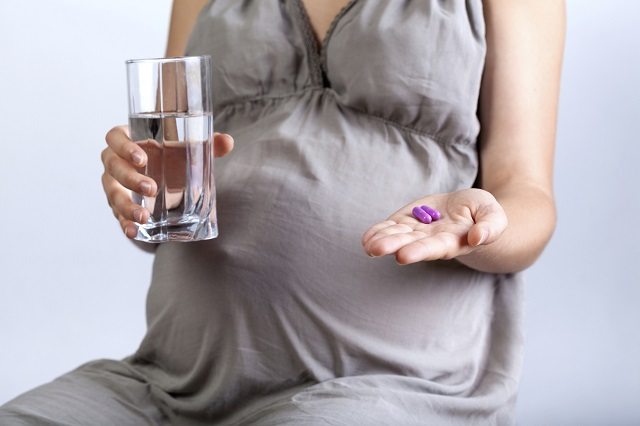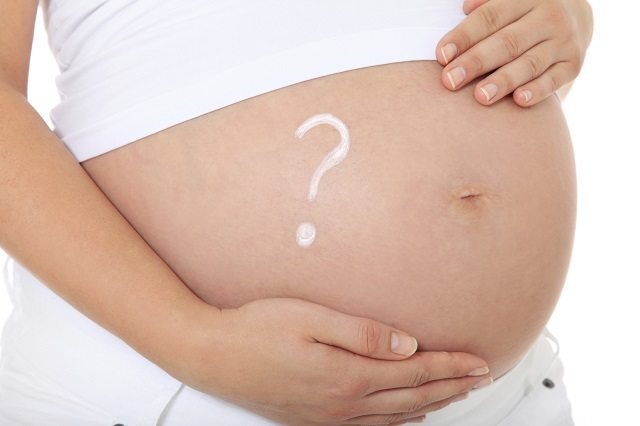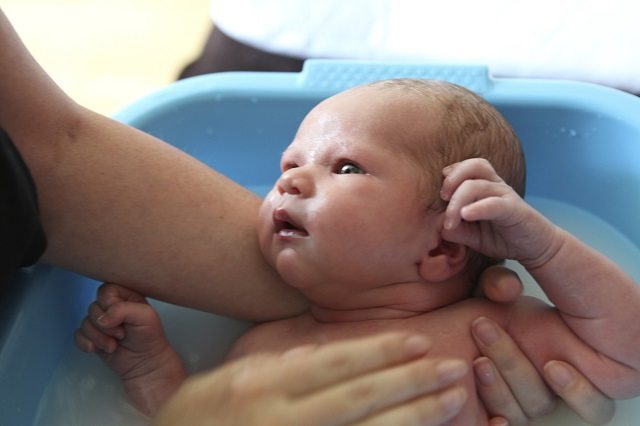What to expect: First Trimester
The first trimester of pregnancy can be quite an experience. One thing is for sure: no pregnancy is the same and any of the below can be sprung on to you at any stage of the day, as well as at any stage of pregnancy. By the second trimester, most pregnant women have a glow, their energy back and begin to settle into their new role as a mother hen.
By week six your period is two weeks late. You may be feeling nauseous and tired, and your breasts might feel tender and sore. The need to pass urine, especially at night, may be more frequent.
By week eight you may find that you have lost a taste for some foods while you are craving others. You may also be suffering from nausea. Having some toast or crackers before you get out of bed to raise blood sugar levels and eating small frequent meals can help, as nausea is often worse when your stomach is empty. Extreme tiredness can also occur, so early nights are advised. If you are having difficulty sleeping at night, take naps during the day whenever possible. Tiredness will subside as your pregnancy progresses. You may also feel faint due to a hormone imbalance that will settle after a little while. Try to avoid hot, stuffy areas.
Although not yet visibly pregnant by week ten, your uterus is by now the size of an orange. Now is a good time to invest in a well-fitting support bra, as your breasts will have already started to increase in size. Some women experience headaches that may be caused by dehydration and not eating enough due to morning sickness. Try eating small amounts often and drinking plenty of water at regular intervals.
By week twelve you will start to feel a bulge above your pelvis and your uterus is the size of a grapefruit. At your first antenatal visit, your doctor or midwife will be able to feel the uterus by external examination. On this visit your medical history will be taken, blood and urine tests are carried out, blood pressure is checked and you will be given some nutritional advice.






